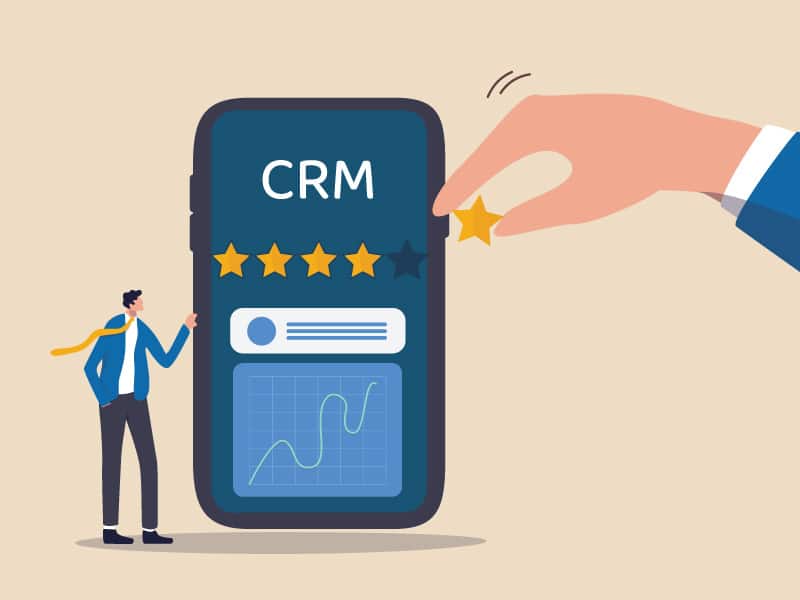
Best Mobile CRM Apps to Boost Your Sales Productivity
Did you know that using mobile CRM apps can boost sales productivity by 14.6%? So that’s a no-brainer, right? It’s time for you and your sales team to embrace these apps! But what are your best options in 2024? Today I’m breaking down my top recommendations for the best mobile CRM apps. I’ll look into how these mobile CRM tools can

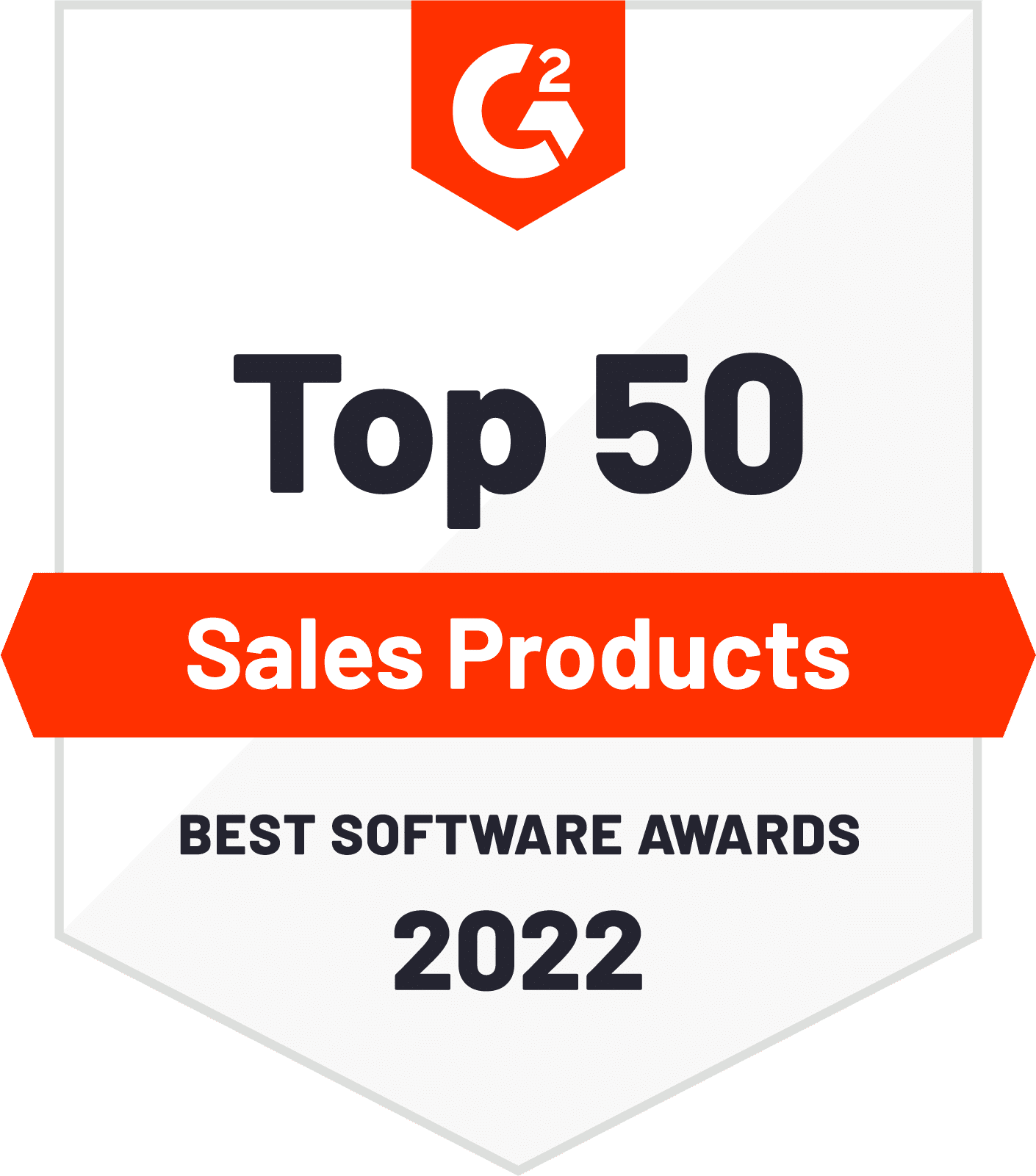
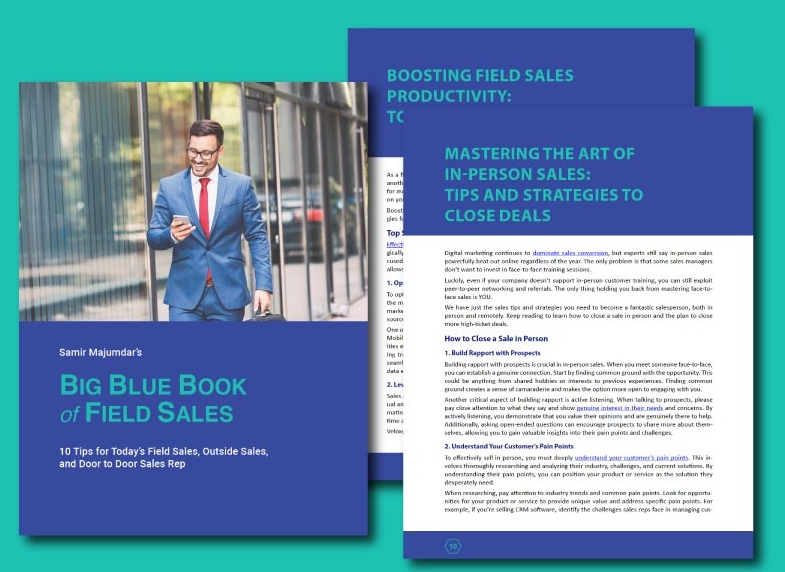
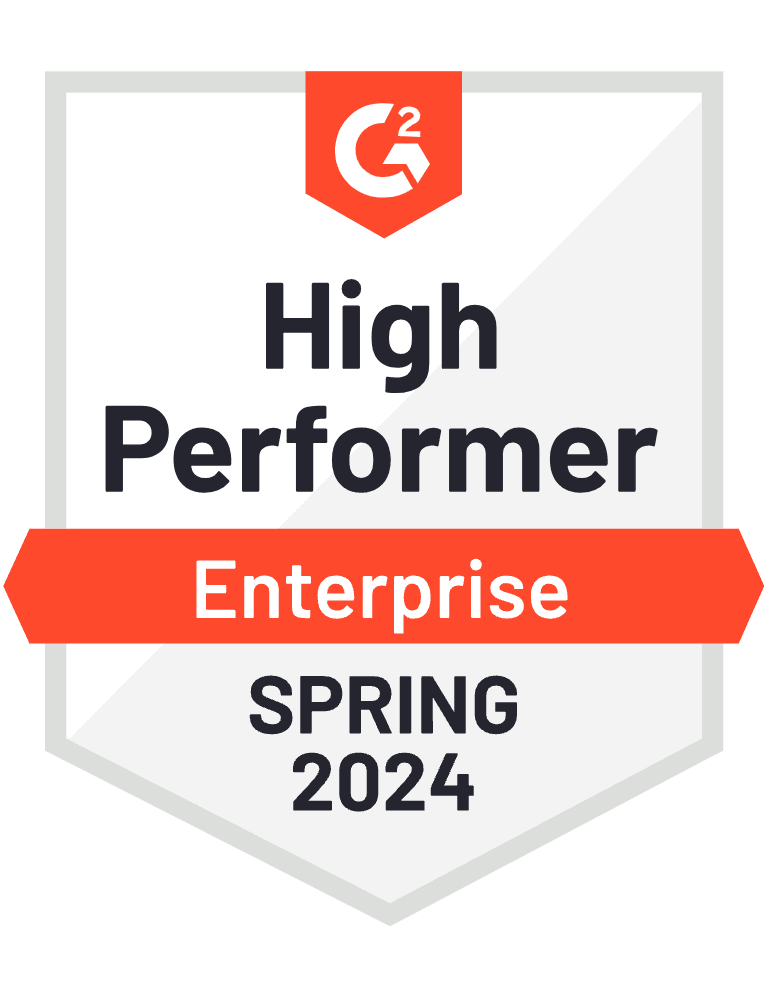

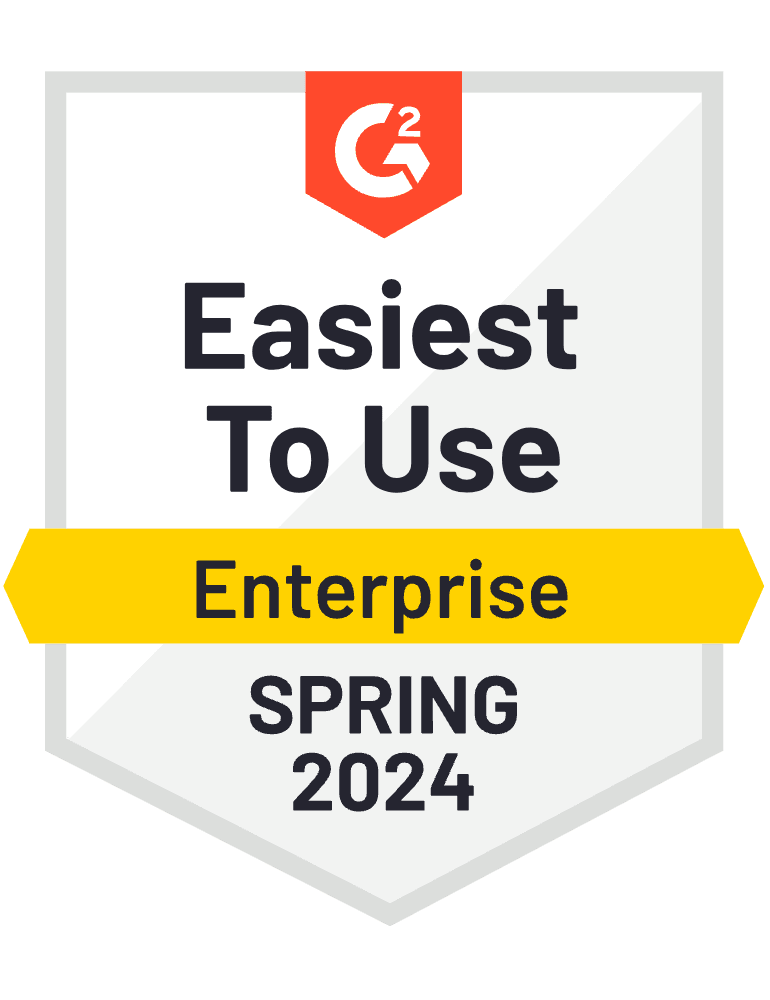
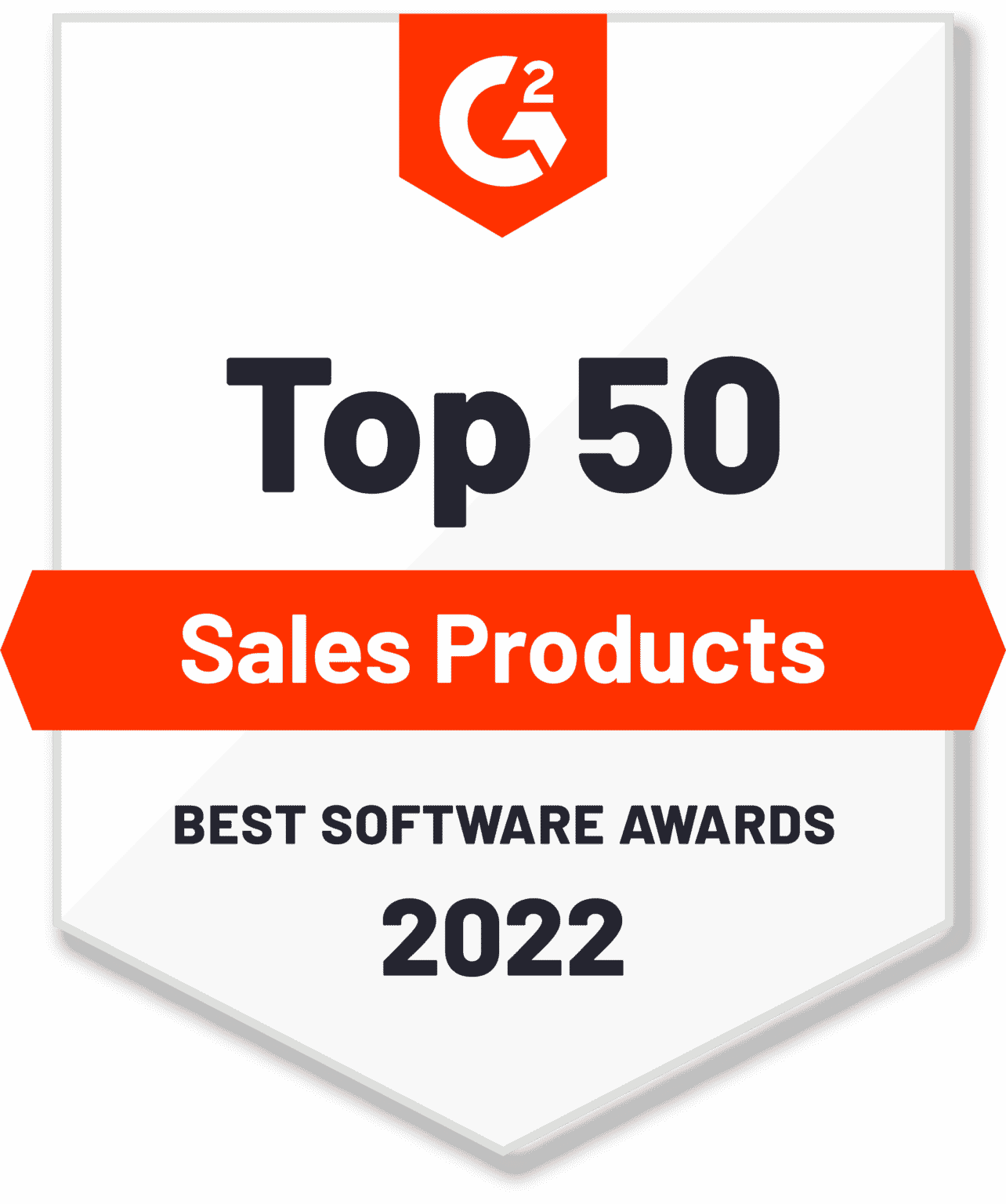


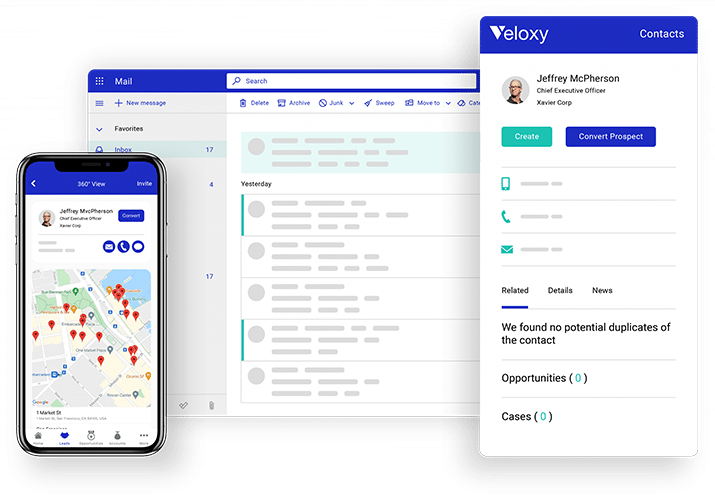




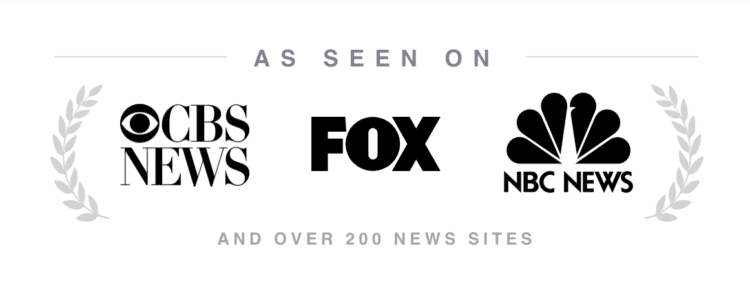









Are you interested in a career in solar sales? The solar industry is growing rapidly, and by 2024, it’s estimated that 2.5% of all U.S. homes will have solar panels installed.
This growth means that there will be an increasing need for skilled solar salespeople who can help homeowners and businesses make the switch to solar energy. But selling solar isn’t easy – it requires knowledge, skill, and persistence to convince customers to invest in this renewable energy source.
In this article, we’ll share 20 solar sales tips to help you close more deals and become a successful solar salesperson. Whether you’re new to the industry or an experienced sales professional, these tips will provide you with valuable insights and strategies for selling solar to a diverse range of customers. Let’s get started!
In Door to Door Solar Sales? Use these 13 Helpful Tips Today!
1. Know Your Audience
To be an effective solar salesperson, you must know your audience. This means understanding their unique needs and concerns, as well as their level of knowledge about solar energy.
If you’re talking to a homeowner, for example, you’ll need to understand their energy usage patterns and what motivates them to consider solar. On the other hand, if you’re talking to a business owner, you’ll need to understand their energy needs and the financial (bottom-line) benefits of switching to solar.
Here are some tips to help you get to know your audience:
Another important consideration when knowing your audience is their level of knowledge about solar energy. Some customers may have a basic understanding of solar, while others may not know much at all. It’s important to gauge their level of knowledge so you can provide them with the appropriate level of information without overwhelming them.
Remember, the more you know about your audience, the better equipped you’ll be to close the deal and help them make the switch to solar energy. For more tips on using Sales Navigator in B2B sales, check out this LinkedIn hub of best practices.
2. Educate the Customer
As a solar salesperson, you are not only selling a product but also educating your customers about solar energy. This means providing them with accurate and up-to-date information about the benefits of solar, how it works, and what their options are.
To educate your customers effectively, you can follow these tips:
In addition to these tips, you can also direct your customers to external resources that can help them learn more about solar energy.
One helpful resource is the US Department of Energy’s website, which provides a wealth of information about solar energy and its benefits. By providing your customers with access to these resources, you are demonstrating your commitment to their education and making the switch to solar energy as easy as possible.
3. Be Transparent
Transparency is crucial in any sales process, and solar sales are no exception. When selling solar energy systems, it’s important to be upfront about the costs, potential savings, and any other factors that may impact the customer’s decision.
Here are some ways to be transparent:
Lastly, being transparent builds trust and credibility with your customers. By providing them with all the information they need to make an informed decision, you can help them feel confident in their choice to switch to solar energy.
For more information on solar calculators, check out this guide.
4. Offer a Free Consultation
Offering a free consultation is a great way to show your customers that you are committed to helping them find the best solar energy solution for their needs. A consultation allows you to:
During the consultation, it’s important to listen to the customer’s concerns and answer any questions they may have. This can help build trust and establish a relationship with the customer. Additionally, offering a free consultation can give you an opportunity to demonstrate your expertise and showcase the value of your services.
One great solar consultation tool is the EnergySage Solar Calculator, which can give homeowners a quick and accurate estimate of how much solar can save them. This calculator can help you provide even more personalized recommendations to your customers during the consultation.
Remember, a free consultation is a great way to start building a relationship with your customer. By providing them with personalized recommendations and answering their questions, you can help them feel confident in their decision to switch to solar energy.
5. Use Testimonials
Using testimonials from satisfied customers is a powerful way to build trust and credibility with potential customers. Testimonials provide social proof that your solar energy systems are effective and can deliver on their promises.
To effectively use testimonials, consider the following tips:
By providing real-life examples of satisfied customers, you can help potential customers feel confident in their decision to switch to solar energy. For more tips on how to use testimonials effectively, check out this article on solar testimonials.
6. Show ROI
One of the main concerns for potential solar energy customers is whether the investment will pay off in the long run. That’s why it’s important to clearly show the return on investment (ROI) of going solar.
To demonstrate the financial benefits of solar energy, consider the following:
To make it easier for customers to understand the financial benefits of solar energy, consider using a solar calculator or other tools to show them the potential savings they could realize over the life of their solar system.
Remember, demonstrating the financial benefits of solar energy is crucial to helping potential customers make an informed decision. By showing them the ROI of going solar, you can help them feel confident that their investment will pay off in the long run. Check out this solar calculator to help your customers estimate their potential savings: https://www.energysage.com/solar/calculator/
7. Address Objections
As a solar salesperson, you’re bound to encounter objections from potential customers. These objections can range from concerns about the cost of solar energy to doubts about the reliability of solar panels. To effectively address objections, consider the following:
Additionally, it can be helpful to provide external resources for customers to learn more about solar energy and address their concerns. For example, the Department of Energy’s Solar Energy Technologies Office provides resources for homeowners, including information on solar technology, financing options, and frequently asked questions.
It’s important to realize that addressing objections is an important part of the sales process. By listening to your customer’s concerns and providing them with accurate information, you can help them make an informed decision about going solar.
8. Use Social Proof
One way to build trust with your potential solar customers is to provide them with social proof. Social proof refers to the idea that people are more likely to trust and follow the actions of others if they see that those actions have been successful.
Here are a few ways to incorporate social proof into your solar sales strategy:
If you haven’t already, consider creating a profile on EnergySage, a solar energy marketplace that connects homeowners with solar panel installers. By having a profile on EnergySage, you can display your solar panel products and services to potential customers, as well as collect reviews from satisfied customers. This can help to establish your company as a trusted provider in the solar industry, and give potential customers the social proof they need to make a decision.
9. Focus on Benefits
When selling solar products, it’s important to focus on the benefits that customers care about, rather than getting caught up in technical details. By emphasizing the benefits of solar energy, you can help potential customers see the value in investing in solar. Here are some tips for doing so:
To be effective in highlighting the benefits, it’s important to understand the specific needs and motivations of each customer. By tailoring your message to their specific interests, you can make a compelling case for solar energy.
Remember, by focusing on the benefits of solar energy, you can help potential customers see the value in investing in solar. This can be a key factor in successfully closing deals with customers.
10. Leverage Partnerships
Partnering with other businesses or organizations can be a powerful way to boost your solar sales. For example, you could partner with a home renovation company, an electrician, or even a local charity that promotes sustainable living. By working together, you can reach a wider audience and tap into new markets.
Consider the following ways to leverage partnerships:
Partnering with other businesses or organizations can also help to build trust with your customers. When they see that you are working with reputable companies or charities, it can help to reinforce the message that solar energy is a smart and responsible choice.
Ultimately, partnering with other businesses or organizations can help you to stand out from the competition, reach new customers, and grow your sales. Check out this article from Solar Power World for more tips on how to leverage partnerships in the solar industry.
11. Use Sales Technology
As a solar salesperson, you can leverage sales technology to help you close more deals. Here are some sales technology tools to consider using:
By leveraging sales technology, you can make the sales process easier and more efficient. It can also help you stand out from your competition and provide a better customer experience.
12. Offer Financing Options
Offering financing options can make solar energy more affordable and accessible to a wider range of customers. When presenting financing options to potential customers, it’s important to emphasize the long-term savings and return on investment (ROI) of going solar.
Here are some financing options you could offer:
Partnering with a financing company can help you offer these financing options to your customers. By understanding the customer’s financial situation and needs, you can offer the financing option that works best for them and increase the chances of closing the sale.
13. Provide a Customized Proposal
To win over potential solar customers, providing a customized proposal is crucial. By tailoring your proposal to their specific needs and situation, you can show them the benefits of going solar and increase your chances of closing the deal. Here are some tips to create a customized proposal:
By providing a customized proposal, you can demonstrate your expertise and dedication to helping the customer make the right decision. To make the process easier, consider using software tools like proposal generators that can automate and streamline the creation of proposals. This can save time and improve the overall quality of your proposals.
14. Highlight the Aesthetics
When it comes to solar panel installations, the aesthetics of the system are just as important as its performance. Many homeowners want to know that the panels will blend in with the design of their home and won’t stick out like a sore thumb. This is where the solar salesperson can highlight the aesthetics of the system.
Here are some tips for highlighting the aesthetics of solar panels:
Finally, it’s important to remind the customer that solar panels are a long-term investment in the home. The savings from a solar system can be significant over time, and the panels themselves can increase the value of the home. By emphasizing the long-term benefits, the salesperson can help the customer see beyond just the initial aesthetics of the system.
15. Use Urgency
Creating a sense of urgency can be an effective sales tactic that can help motivate potential customers to take action. Here are some ways you can create urgency:
Using urgency can be a powerful tool in closing deals, but it’s important to use it carefully and not overdo it.
Customers can become skeptical if they feel like the urgency is artificial or if they feel like they’re being pressured into making a purchase. Make sure that your customers understand the value of your offer beyond just the urgency factor, and use urgency sparingly to avoid any negative impact on your sales efforts.
16. Find Nearby Prospects with Geolocation
Geolocation intelligence and lead finder technology can be a game-changer for solar panel sales reps. This tool can help you find potential customers in your area who are most likely to be interested in solar panel installation. Here are some ways to use geolocation intelligence to boost your solar sales:
By utilizing geolocation intelligence and lead finder, you can streamline your sales efforts and maximize your results. To learn more about how this technology can help your solar business, check out this article on geolocation intelligence in the field.
17. Use Humor
Humor can be a powerful tool to create a positive and memorable experience for potential customers. As a solar panel sales rep, you can use humor to showcase your personality, lighten the mood, and connect with customers. Here are some tips on how to use humor effectively in sales:
An example of a sales rep using humor could be a solar panel sales rep saying, “Are you tired of seeing your electricity bill go up every year? Me too, that’s why I switched to solar. Now I can finally afford to treat myself to an extra guacamole at Chipotle.“
This type of lighthearted humor can help the potential customer remember you and make the sales experience more enjoyable.
18. Leverage Referrals
Leveraging referrals is a powerful way to increase sales for solar panel sales reps. When happy customers refer their friends and family, it’s a powerful endorsement of your product and can lead to a high conversion rate. Here are some tips for leveraging referrals:
One personal experience of leveraging referrals was when a solar panel sales rep named John had a satisfied customer who referred their entire neighborhood to him. The referrals led to a significant increase in sales and helped John establish himself as a trusted solar panel provider in the area.
Overall, leveraging referrals is a simple and effective way to increase sales for solar panel sales reps. By asking for referrals, networking with related professionals, and using referral software, you can create a network of satisfied customers who will continue to bring in new business.
19. Use Case Studies
Using case studies can be an effective way to demonstrate the value and success of your solar panel installations. By sharing the stories of satisfied customers, you can showcase the benefits of your product and service.
Here are some tips for creating compelling case studies:
Case studies can be particularly effective when they are shared on your website or social media channels, and can help build credibility and trust with potential customers.
For examples of effective case studies, check out HubSpot’s case studies.
20. Offer a Guarantee
An effective way to increase customer confidence in purchasing solar panels is by offering a guarantee. A guarantee assures customers that your company will stand behind its product or service and do what it takes to ensure their satisfaction.
Consider the following tips when offering a guarantee:
By offering a guarantee, you can build trust with potential customers and increase the likelihood of converting leads into sales. A well-crafted guarantee can help to differentiate your company from competitors and increase customer satisfaction, which can lead to repeat business and referrals.
Happy Selling!
Selling solar panels can be a challenging but rewarding career. By implementing these 25 solar sales tips, you can set yourself up for success and increase your chances of closing more deals.
Remember to focus on building relationships, providing value, and addressing your prospects’ needs and concerns. Utilize technology, humor, and social proof to your advantage, and always strive to improve your sales pitch and techniques.
By continuously learning and adapting, you can become a top-performing solar sales representative and make a positive impact in the world of renewable energy. Good luck and happy selling!